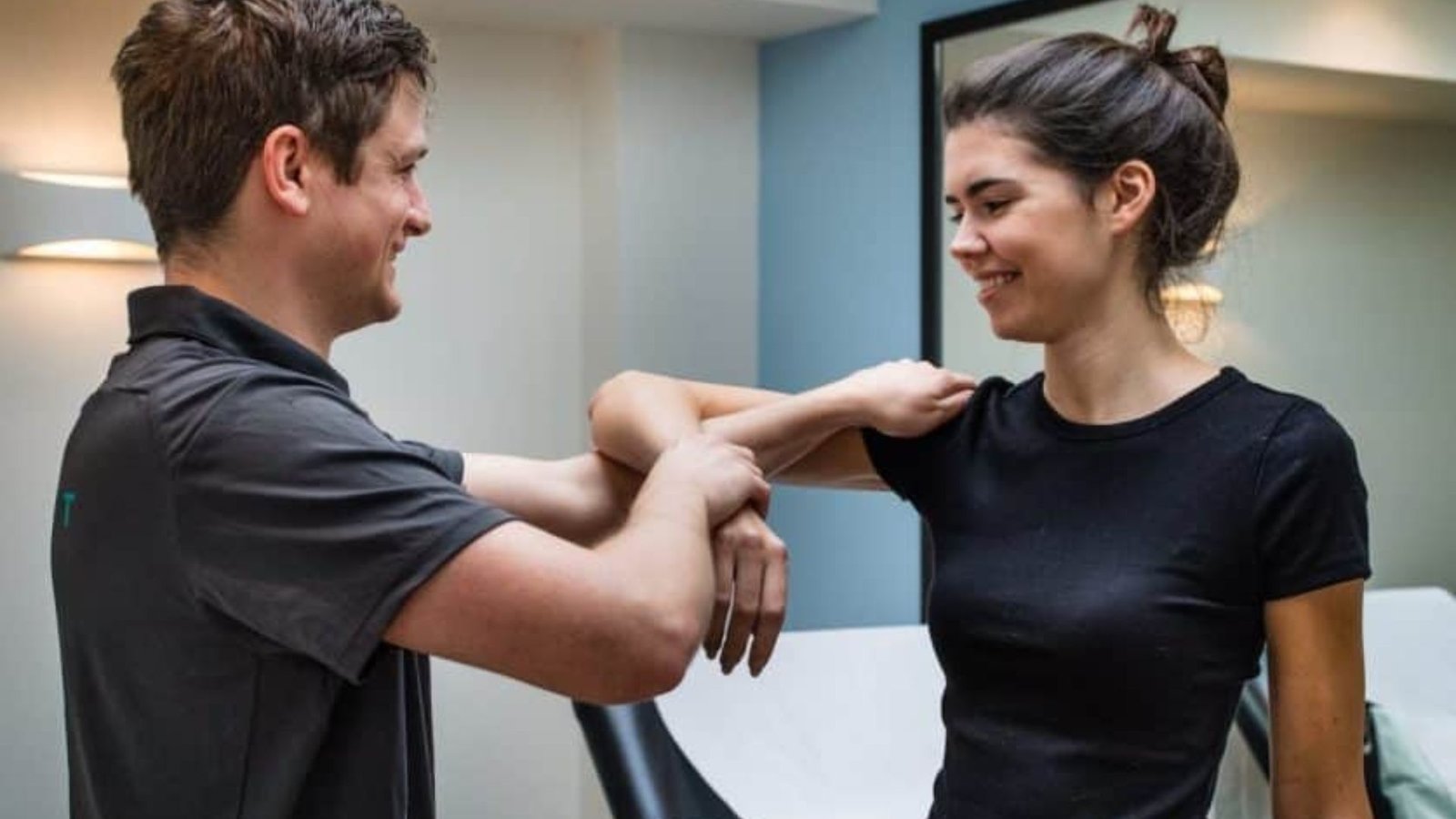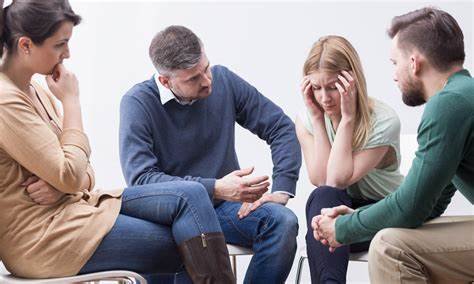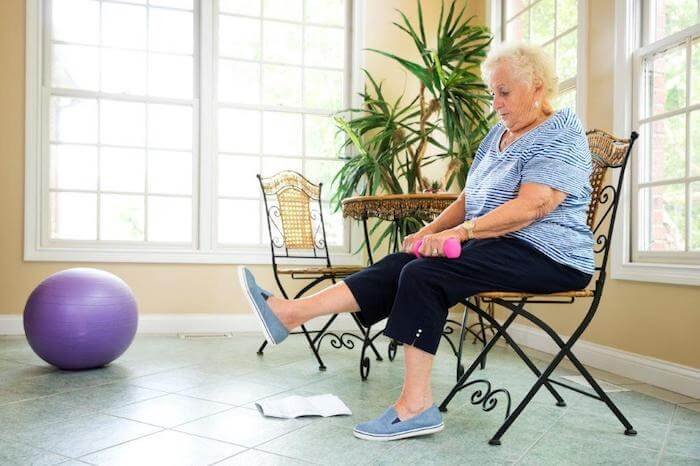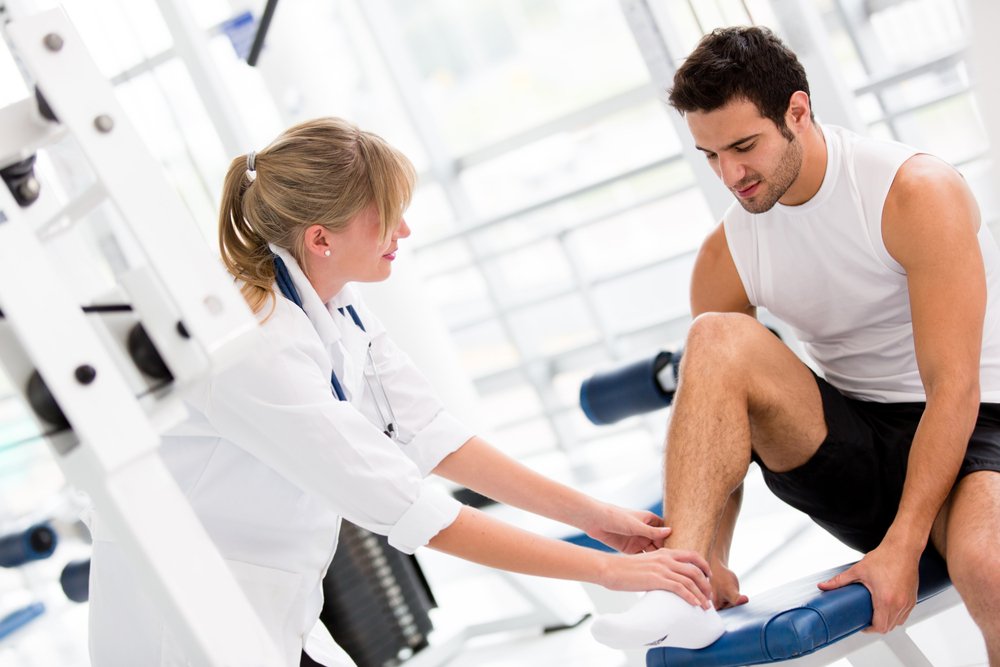Mental health issues such as depression, anxiety, and trauma can significantly impact a person’s daily life and well-being. Rehabilitation plays a crucial role in improving mental health by providing specialized care, therapy, and support systems to help individuals recover and regain control over their lives. Whether it’s through therapy, medications, or holistic treatments, rehabilitation centers create an environment for healing and growth. In this article, we’ll explore how rehabilitation helps improve mental health, the methods used, and the benefits of seeking professional help.

1. Therapy and Counseling for Emotional Healing
One of the most significant ways rehabilitation helps improve mental health is through therapy and counseling. Therapy provides a safe, confidential space for individuals to express their feelings, work through emotional challenges, and develop healthier thought patterns. Whether it’s cognitive behavioral therapy (CBT), dialectical behavior therapy (DBT), or psychodynamic therapy, these approaches address the root causes of mental health issues and help individuals manage their emotions more effectively.
Benefits of therapy for mental health recovery include:
- Identifying and changing negative thought patterns
- Learning coping strategies for stress, anxiety, and depression
- Improving self-esteem and emotional regulation
- Working through past trauma and unresolved emotional issues
Therapy helps individuals better understand their mental health struggles and provides the tools needed for healing.
2. Building Healthy Coping Mechanisms
Rehabilitation not only focuses on addressing the root causes of mental health issues but also on teaching individuals how to cope with life’s challenges in healthy ways. Many people with mental health disorders rely on unhealthy coping mechanisms, such as substance abuse or avoidance, to manage their emotions. Rehabilitation centers offer alternative strategies to cope with difficult emotions, improving long-term mental health.
Examples of healthy coping mechanisms include:
- Mindfulness and relaxation techniques (e.g., deep breathing, meditation)
- Exercise and physical activity to reduce stress and boost mood
- Journaling to express thoughts and process emotions
- Problem-solving skills to navigate life challenges
By building healthy coping skills, rehabilitation helps individuals manage stress and difficult emotions without resorting to harmful behaviors.
3. Support Systems for Mental Health Recovery
Rehabilitation centers offer a supportive environment where individuals can connect with others facing similar mental health struggles. Support systems, including group therapy, peer support groups, and family involvement, are essential for mental health recovery. These connections provide individuals with a sense of belonging, reduce feelings of isolation, and help them understand that they are not alone in their journey.
Benefits of support systems in rehabilitation include:
- Building connections with others who share similar experiences
- Receiving encouragement, empathy, and advice from peers
- Gaining insights from others’ recovery journeys
- Strengthening relationships with family members through therapy
A strong support system is critical for emotional healing and helps individuals feel understood and supported throughout their recovery.
4. Addressing Co-occurring Disorders
Many individuals with mental health issues also struggle with co-occurring disorders, such as substance abuse or physical health problems. Rehabilitation helps improve mental health by treating both mental health disorders and co-occurring conditions simultaneously. This integrated treatment approach is essential for overall well-being, as it addresses all aspects of a person’s health.
Benefits of integrated treatment for co-occurring disorders include:
- Reducing the risk of relapse or worsening symptoms
- Addressing both physical and psychological health needs
- Providing comprehensive care for long-term recovery
- Improving self-awareness and mental clarity
Integrated treatment ensures that all factors contributing to mental health issues are addressed, improving the chances of successful recovery.
5. Holistic Therapies for Emotional Healing
In addition to traditional therapy, many rehabilitation centers incorporate holistic treatments that focus on healing the mind, body, and spirit. Holistic therapies, such as yoga, meditation, acupuncture, and art therapy, provide an additional layer of support in the recovery process. These therapies help individuals relax, reduce stress, and regain emotional balance, further enhancing mental health recovery.
Benefits of holistic therapies for mental health include:
- Promoting relaxation and stress reduction
- Encouraging emotional expression through creative outlets
- Improving mindfulness and focus
- Enhancing overall well-being and personal growth
Holistic therapies can complement traditional treatments, promoting a more well-rounded and effective approach to mental health recovery.
6. Structured Routine and Environment
A structured routine and a supportive environment play an essential role in improving mental health. Many individuals struggling with mental health disorders experience chaos and instability in their daily lives, which can contribute to feelings of hopelessness or anxiety. Rehabilitation centers provide a structured schedule that includes therapy, activities, and personal time, helping individuals develop healthy routines and feel more in control of their lives.
Benefits of a structured environment in rehab include:
- Providing stability and predictability during recovery
- Encouraging positive daily habits, such as regular sleep and exercise
- Reducing feelings of anxiety or overwhelm
- Promoting personal responsibility and self-care
A structured environment helps individuals build a sense of purpose and control, which is important for mental health healing.
7. Medications for Managing Symptoms
For some individuals, medication is an essential part of managing mental health symptoms. Rehabilitation centers may work with psychiatrists or medical professionals to prescribe medications that help manage conditions such as depression, anxiety, or bipolar disorder. Medications can provide relief from severe symptoms, making it easier for individuals to engage in therapy and other aspects of recovery.
Benefits of medication in mental health rehabilitation include:
- Reducing the severity of symptoms (e.g., anxiety, depression, mood swings)
- Helping individuals focus and engage in therapy
- Providing relief from overwhelming emotions
- Supporting long-term mental stability
While medication is not a cure for mental health conditions, it can be a valuable tool in managing symptoms and improving overall well-being.
8. Preventing Relapse and Maintaining Recovery
Mental health recovery is a lifelong process, and preventing relapse is crucial for long-term well-being. Rehabilitation centers help individuals develop relapse prevention strategies, such as recognizing early warning signs, avoiding triggers, and maintaining ongoing support systems. Continuous therapy and aftercare programs ensure that individuals have the tools and resources they need to maintain their progress and stay on track with their mental health recovery.
Relapse prevention strategies include:
- Identifying and managing triggers
- Staying connected with support groups or therapy
- Engaging in self-care and healthy coping strategies
- Setting long-term recovery goals
By focusing on relapse prevention, rehabilitation helps individuals maintain their mental health and prevent setbacks in their recovery journey.
Conclusion
Rehabilitation helps improve mental health by providing a comprehensive approach to healing. Through therapy, support systems, holistic treatments, and a structured environment, rehabilitation centers offer the necessary tools and support for individuals to recover from mental health disorders. If you or a loved one is struggling with mental health issues, seeking professional rehabilitation can be the first step toward emotional healing and a healthier, more fulfilling life.











